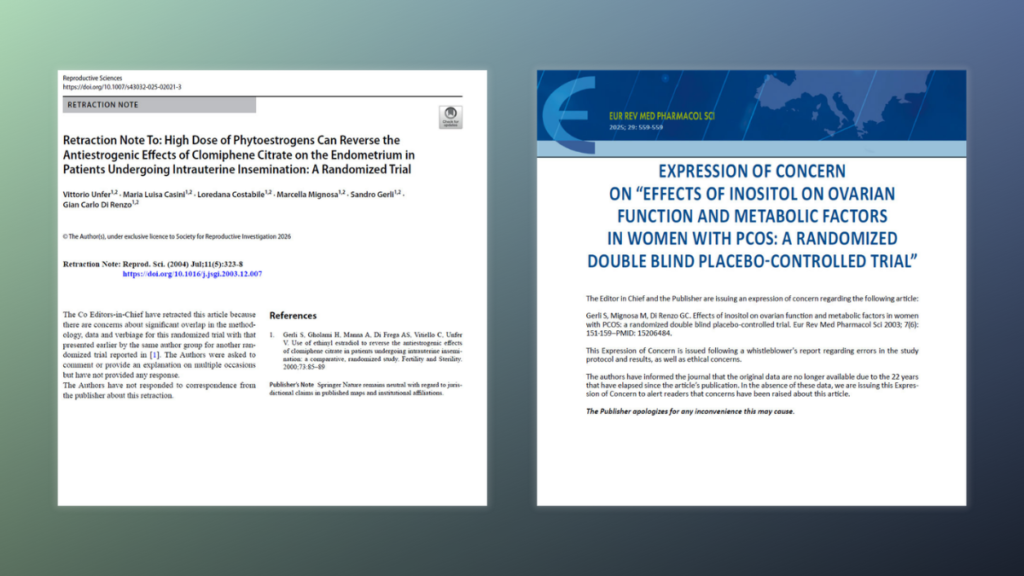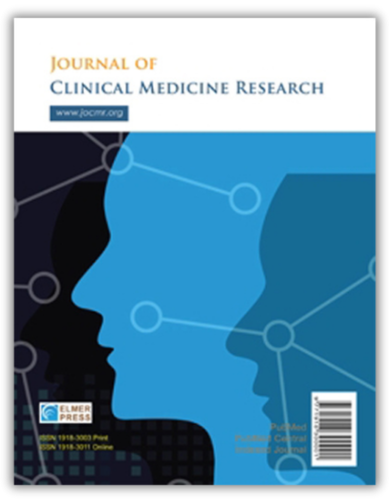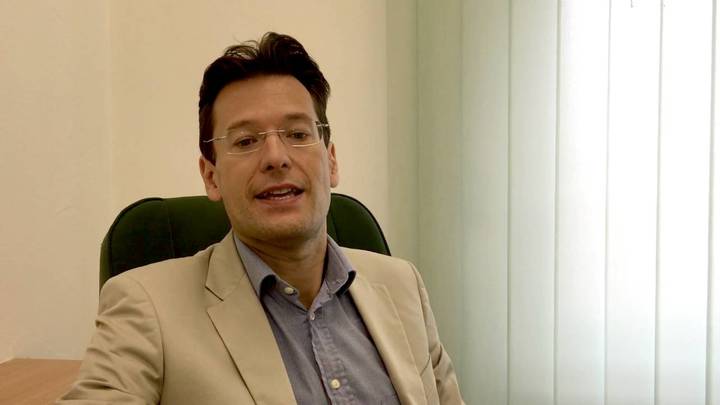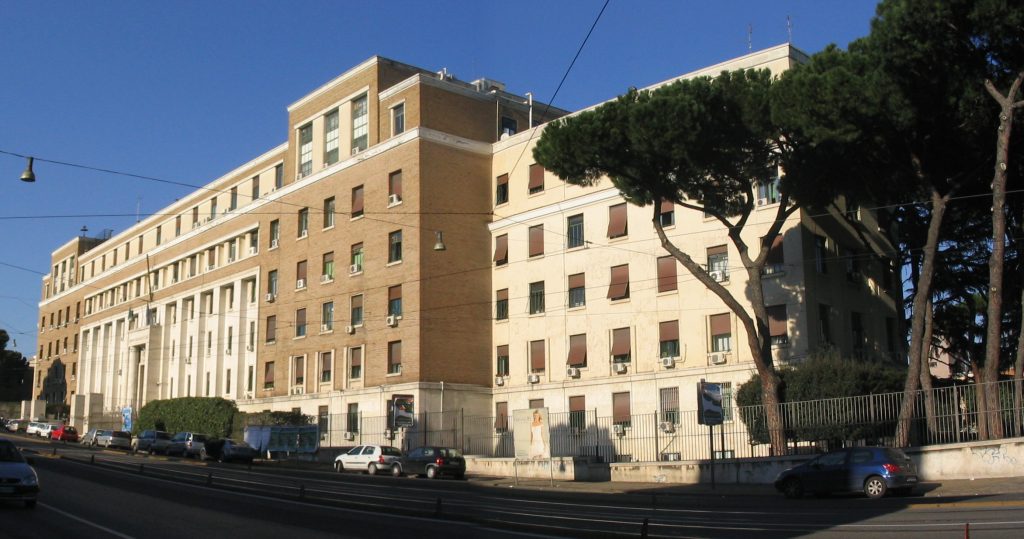
A group of gynecologists in Italy has tallied yet another retraction, this time for an article with “significant overlap” with the methods, data and text of an older paper that shares two of the same authors.
The paper, which involved research on a treatment for infertility, is the latest in a string of retractions for Sandro Gerli and Gian Carlo Di Renzo of the University of Perugia, and Vittorio Unfer, now at Saint Camillus International University of Health Sciences in Rome. Just a few weeks earlier, the researchers also received an expression of concern on a separate paper examining a widely used supplement for polycystic ovary syndrome.
Commenters on PubPeer began to flag the researchers’ papers two years ago, and they now have 11 retractions among them, largely for duplicated data and text across the publications, as well as undisclosed conflicts of interest and unreliable study methods. In 2024, Di Renzo threatened legal action over a critic’s allegations about data duplications among several papers he coauthored — many of which have since been retracted.
Continue reading Gynecologists in Italy collect more retractions and an expression of concern







